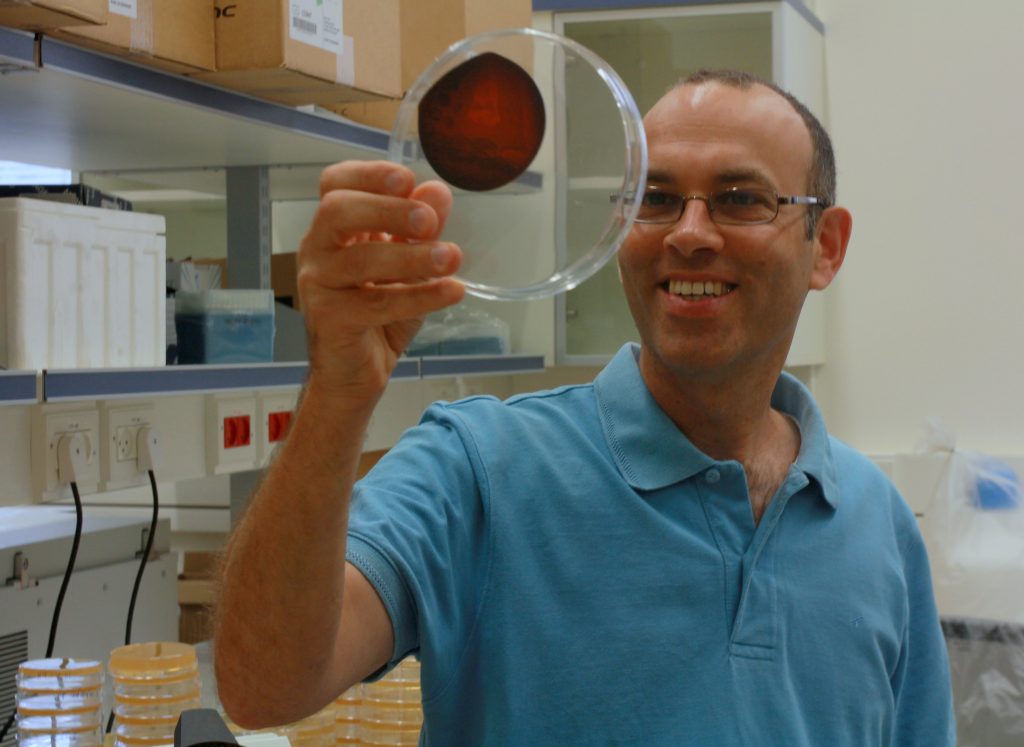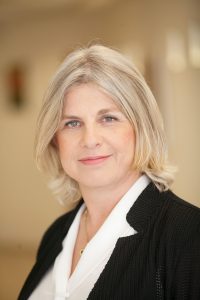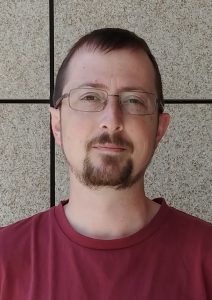Customized Antibiotic Treatment
Innovative technology developed by researchers at the Technion and Kahn-Sagol-Maccabi Research and Innovation Institute at Maccabi Healthcare Services (KSM) is expected to improve and make more efficient the giving of antibiotic treatments. It will also hinder the development of resistant bacteria. The technology, which was presented in a study published in Nature Medicine, was made possible by a unique collaboration between the KSM Institute of Maccabi, headed by Professor Varda Shalev, and Technion researchers Professor Roy Kishony and Dr. Idan Yelin.

Prof. Roy Kishony
The use of antibiotics globally is extensive and leads to bacteria developing antibiotic resistance. As a result, antibiotics lose their effectiveness, leading to concerns that in the future, bacterial infections will become refractory to antibiotics. Infections that are now considered mild and not dangerous will become treatment resistant and deadly.
One of the factors that speed up the evolution of antibiotic resistance is the widespread use of broad-range antibiotics, drugs designed to kill a wide spectrum of bacteria. Reducing this dangerous trend can potentially be achieved by prescribing antibiotics specifically aimed at the infection causing bacteria for each particular patient.
Prof. Roy Kishony, one of the leading experts in the field of antibiotic resistance, developed methods for genetic mapping of bacterial resistance to antibiotics. These techniques make it possible to predict the resistance of a given bacterium to various antibiotics in the present and, even to the level of resistance that bacteria may develop in the future.

Prof. Varda Shalev
The current study focused on a specific type of infection – in the urinary tract – which affects more than half of women at some time during their lives. These infections involve various bacteria, including Klebsiella pneumoniae, E. coli, and Proteus mirabilis.
In the joint study conducted by the Technion and researchers at the KSM Institute of Maccabi, a system was developed to help the doctor choose the optimal antibiotic for treating urinary tract infections. The researchers found that antibiotic resistance levels were different for each patient and that a certain antibiotic will be effective in one patient and not in another.
The reasons for this are related to each patient’s personal characteristics and medical history.
“It is now possible to computationally predict the level of bacterial resistance for infection-causing bacteria,” said Dr. Yelin. “This is done by the weighting of demographic data, including age, gender, pregnancy or retirement home residence, together with levels of resistance measured in the patient’s previous urine cultures as well as their drug purchase history.”
The study is a significant step in the innovative field of medical studies based on machine learning and Big Data. Prof. Kishony emphasized that the study was made possible thanks to the cooperation with Maccabi.
“The collaboration between Maccabi and the Technion – one of the most innovative research institutes in the world – and the combination of deep understanding of medicine, Big Data and innovative research methods has enabled a real breakthrough in the field of antibiotic resistance,” said Prof. Shalev. “We look forward to a continued fruitful cooperation with the Technion and Prof. Roy Kishony.”

Dr. Idan Yelin
The study analyzed more than five million cases of antibiotic purchases made over 10 years and measurements of antibiotic resistance in more than 700,000 urine cultures. A sophisticated algorithm was able to find a clear link among the various data and thus predict the level of antibiotic resistance for each infection and provide a recommendation for the best type of antibiotics. The researchers found that the use of the technology could reduce the likelihood of choosing the wrong medication by about 40%. Therefore, they estimate that this system will contribute greatly to the global effort to delay the “resistance epidemic.”
Prof. Varda Shalev, who was elected in 2018 to the 100 Most-Influential list of The Marker newspaper, is a professor of medicine at Tel Aviv University and director of the KSM Research and Innovation Institute. The Institute is based on the professional knowledge of the best researchers and Maccabi’s unique database. Since its establishment, hundreds of studies have been carried out that have contributed to far-reaching improvements in the medical treatment provided to the community. The Institute studies Maccabi’s database, which includes hundreds of millions of doctor visits, various types of lab samples and other medical data. It maintains long-term cooperation with researchers at the Technion, with the aim of developing new ways to analyze medical data and its application to the welfare of patients.
Prof. Roy Kishony is a member of the Technion Faculties of Biology and Computer Science, and the head of the Lorry I. Lokey Interdisciplinary Center for Life Sciences and Engineering. His research has been published in leading journals, including Nature and Science, focusing on the development and prevention of antibiotic resistance.


